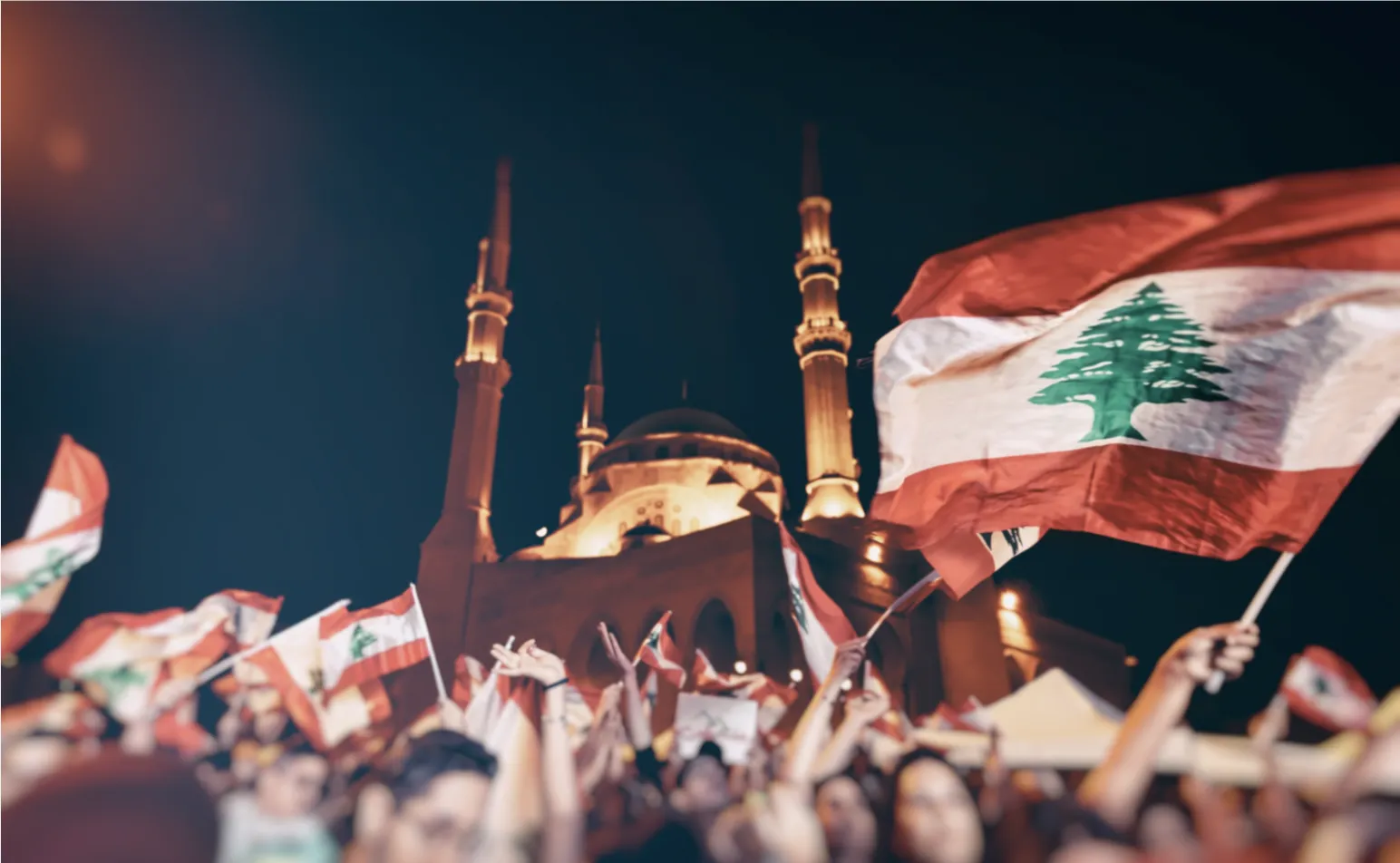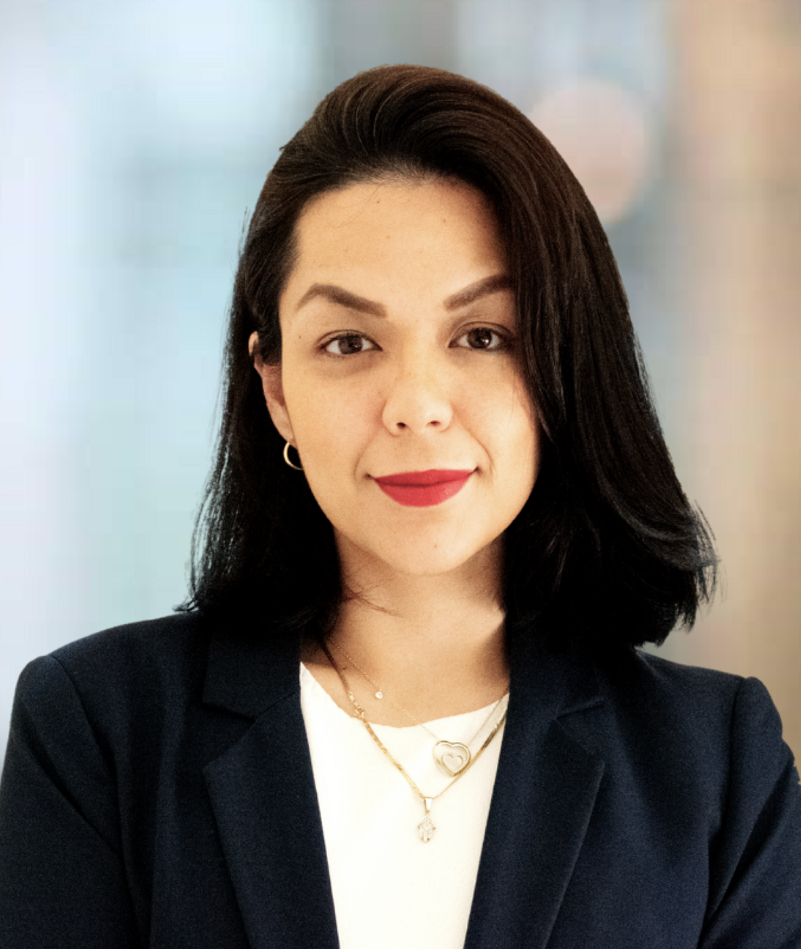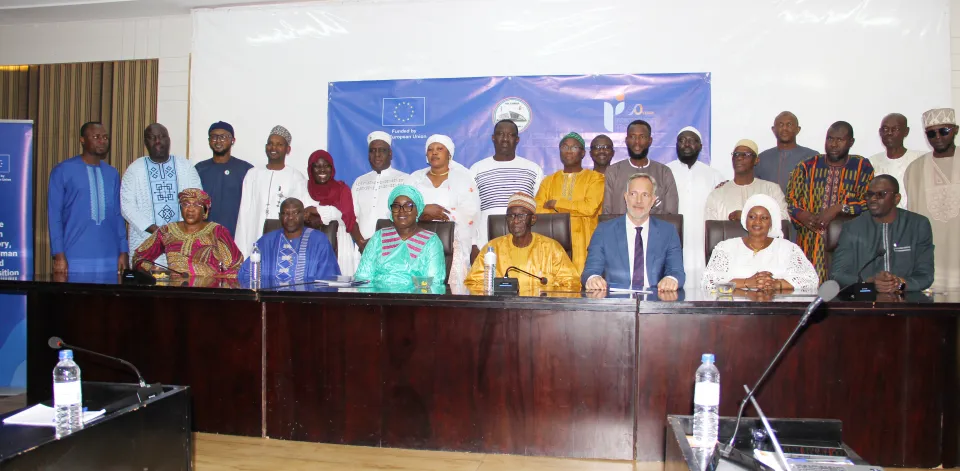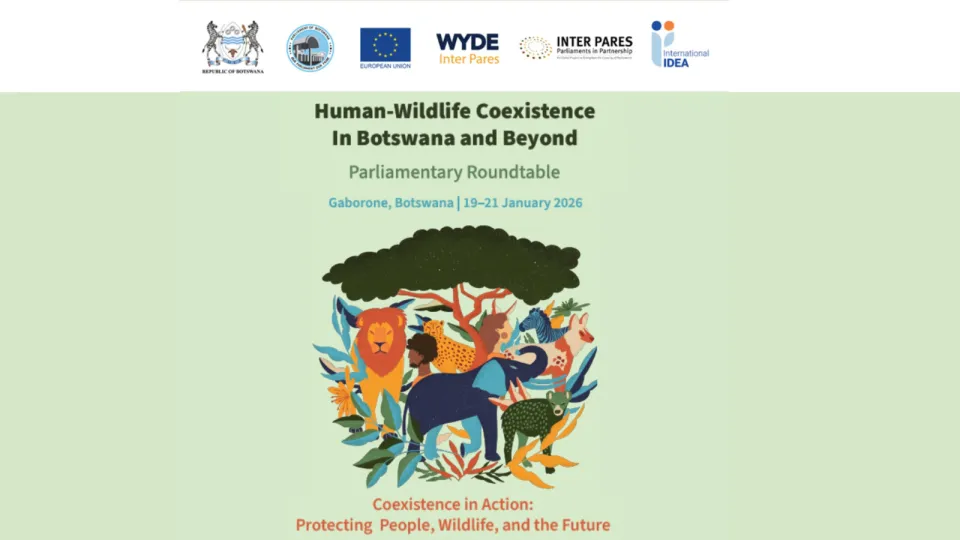Lebanon's Election: A new beginning or further fragmentation?

Disclaimer: Opinions expressed in this commentary are those of the author and do not necessarily represent the institutional position of International IDEA, its Board of Advisers or its Council of Member States.
The Lebanese electorate went to the polls on 15 May for the first time since its financial collapse and 2019 uprisings. In a breakthrough reflecting the popular will for a new start in governance, reformist candidates have scored major victories and the Iran-backed Hezbollah bloc has been stripped of a parliamentary majority. The vote marked the first time the public had the opportunity to assess their leaders’ performance in the aftermath of the economic crisis and the devastating Beirut explosion that claimed more than 200 lives. The people clearly want a new political class that can enact reforms to counter rampant corruption, establish an independent judiciary and unlock international aid.
Official results confirm that at least 10 per cent of seats will be taken by reformists—candidates campaigning for change on anti-establishment platforms and not affiliated with any sectarian parties. While Hezbollah and Amal Movement kept their seats, Hezbollah's Christian allies the Free Patriotic Movement obtained only 18 seats and the bloc fell below the threshold required for a majority (65 seats). By contrast, its rival the Lebanese Forces (backed by United States and Saudi Arabia) secured 20 seats. The new parliament members will now have to form a new government and elect a new head of state. Without an outright winner, months of haggling over the next government line-up and more political paralysis are expected.
While the opposition may be sizable, it is not united. The reformists lack the seats to change the political landscape alone. Whether the anti-Hezbollah opposition camp will manage to form a united front and work together for the much-needed economic and political stability remains uncertain.
A polarized parliament and divided people remain. Political loyalties in Lebanon have traditionally followed sectarian lines, foreign allegiance, and heredity. Decades of a rigid power-sharing agreement between the different religious communities have led to entrenched corruption and political dynasties passing on parliamentary seats over generations. This eventually resulted in Lebanon’s financial meltdown in 2019, with more than three-quarters of its six million population pushed into poverty.

International IDEA’s Global State of Democracy indices show that democracy in Lebanon has been in decline in the past years and is one of the most corrupt countries.

In response to the increasingly dire conditions, mass protests broke out against the political elite across Lebanon in 2019, eventually causing the resignation of the government. As a result of the uprisings, several movements were born, including alternative political parties and anti-establishment independents. A large part of the electorate, however, is skeptical as to whether the new political groups can bring about meaningful change.
Lebanon’s confidence crisis between the ruling class and the people suggests confronting the status quo will not be easy. Clean Elections and Electoral Participation in Lebanon have witnessed a steep decline in the past several years. Institutional failures have allowed vote-buying, eroding public trust. Indeed, there was widespread voter apathy and the national turnout was only 49 per cent. Skepticism ran particularly high before election day among the Sunni Muslim community following the withdrawal of the dominant leader and former Prime Minister Saad al-Hariri. The Sunni vote, however, benefited the reformists and in tandem with the Lebanese diaspora's vote (60 per cent turnout) sanctioned the classical forces.

Even if mainstream political parties and politicians remain strong, Lebanon’s new parliament will have many new faces as new opposition candidates and anti-establishment movements made significant gains. In a system designed to maintain the status quo, the horse-trading between political elites that dominated Lebanese politics has been disrupted. And for the first time in the country’s history, reformists will have influential positions to push for change within parliament, not just as outsiders, and translate the mass protests into long-term policy. But anti-sectarian groups face an uphill challenge to regain the public’s trust in the political process and institutions, and generate the legitimacy needed to impose reforms that can bring Lebanon out of its adversity.




